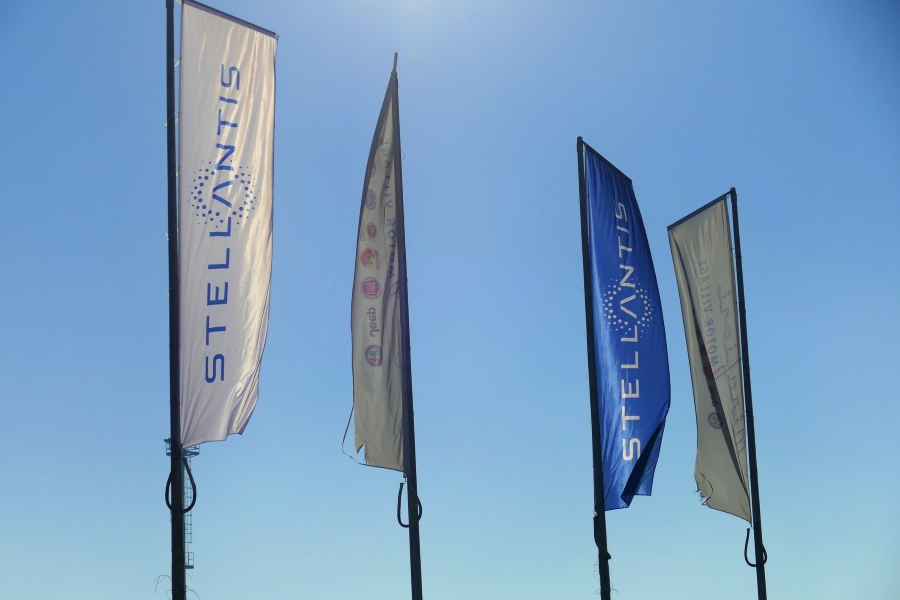In a statement, the automotive group said it does not anticipate the adoption of hydrogen-powered light commercial vehicles before the end of the decade, citing limited availability of hydrogen refuelling infrastructure, high capital requirements, and the need for stronger consumer purchasing incentives.
“The hydrogen market remains a niche segment, with no prospects of mid-term economic sustainability,” said Stellantis COO for Enlarged Europe Jean-Philippe Imparato.
According to the group, no jobs will be cut as a result of the decision. Resources previously dedicated to hydrogen vehicle development will be redirected to other Stellantis R&D initiatives.
The move marks a significant step back from hydrogen mobility by one of the world’s largest automakers and reflects broader concerns across the industry about the viability of fuel cell technology in light-duty applications. While Stellantis remains committed to its electrification roadmap, the company is shifting its focus more heavily towards battery-electric vehicles and hybrids.






